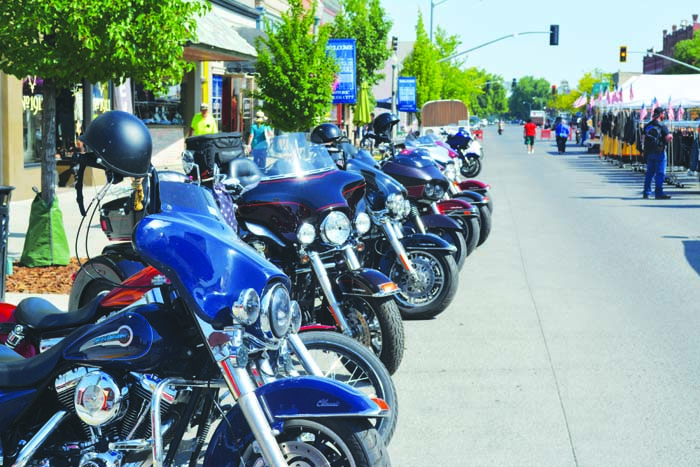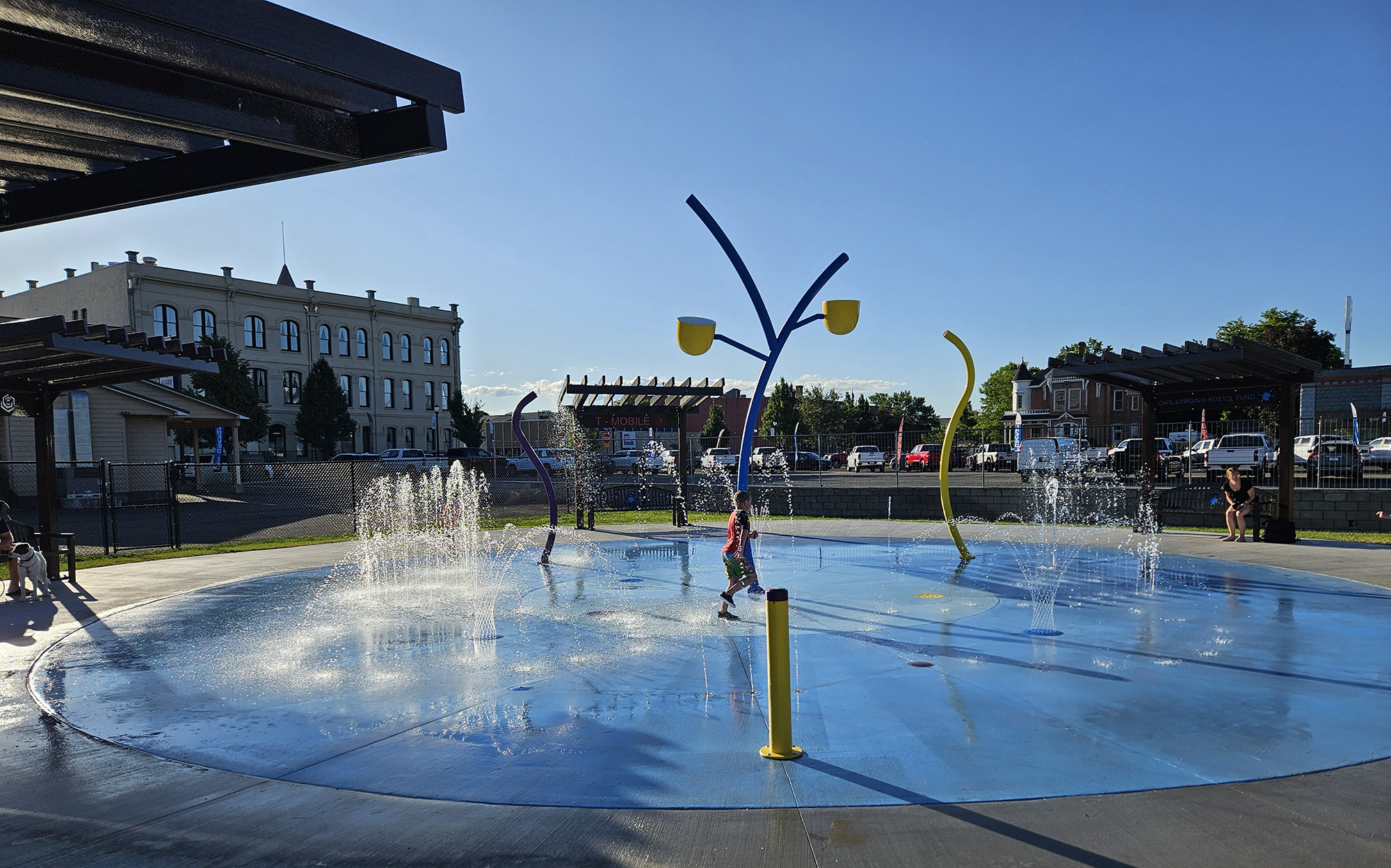Trump: Funnier as a third-party candidate
Published 12:31 pm Friday, March 4, 2016
Donald Trump is the perfect third-party presidential candidate except for one thing.
He isn’t one.
It appears all but certain, instead, that Trump will be the first former reality TV show host to carry a major political party’s hopes into the general election.
I am hardly alone in feeling a touch of vertigo when I consider that what seemed farcical just a year ago now looks like reality for the Republican Party.
(Although for many Republicans, I suspect, projectile vomiting, not a little lightheadedness, probably is the more common reaction to Trump’s ascendancy.)
There was a brief period in the spring of 2011 when Trump was getting more publicity than mainstream Republican candidates, including Mitt Romney, the eventual 2012 GOP nominee.
But then Trump’s star winked out. It could hardly be otherwise, the pundits agreed.
Trump has the money and the hubris to challenge political orthodoxy, to be sure.
But surely he can’t bully his way into the exclusive Republican clubhouse.
Not with his prattling on about Obama’s birth certificate and his, well, malleable positions on abortion and national healthcare and Nancy Pelosi.
But it turns out that Trump’s political instincts might exceed his knack for business.
The prospect of a Hillary Clinton versus Trump campaign this summer and fall intrigues me.
“Saturday Night Live’s” writers must be salivating.
From a purely comedic standpoint, though, I like Trump not in a head-to-head competition but in the third-party role, the annoying bit of grit in the eyes of two political heavyweights.
Probably I’m just nostalgic. I imagine SNL recapturing the magic of its 1992 debate skits featuring George Bush the elder, Bill Clinton and the inimitable Ross Perot.
Trump could step in for Perot as smoothly as Michael Gambon did in portraying Albus Dumbledore in the “Harry Potter” films after Richard Harris died.
Trump and Perot have much in common.
Hairstyles that are the antithesis of the typical politician’s carefully coiffed (and probably focus group-tested) locks.
A tendency to turn debates into the sort of spectacle usually involving inebriated uncles late in a wedding reception when the DJ has started playing stuff like “Play That Funky Music.”
Both Trump and Perot have keen eyes for the conspiratorial forces arrayed to keep each man from fulfilling his political destiny.
(Perot blamed the Republicans, while Trump, who can’t very well do that now that he’s collecting delegates at a rapid rate, sees the media as his main foe.)
Perot had his pie charts, props that so far Trump hasn’t replicated.
Unless you count his combover.
It’s quite possible that in November Trump will add another line to his resumandeacute;, a line some people penciled into Perot’s 24 years ago – that he handed, in a figurative sense, the keys to the White House to a Clinton.
Although quite a few analysts today argue that Perot’s candidacy didn’t cost Bush the 1992 election but instead prevented Bill Clinton’s win from being a landslide, the belief persists that without Perot in the race – he won 19 percent of the popular vote, the most for a third-part candidate since Teddy Roosevelt in 1912 – Bush would have claimed a second term.
Regardless, the fear has been revived among Republicans that they’ll watch helplessly for another eight years while Bill and Hillary stroll across the East Lawn.
I understand their concern.
Trump has tweaked the noses of respected political prognosticators pretty much constantly for the past eight months or so.
It would be folly to say the man has no chance to win in November.
But winning a general election is quite a different matter than winning GOP caucuses and primaries when even many Republicans admit their party is enduring perhaps its worst identity crisis in many generations.
I think it’s unlikely that Americans will elect as president a candidate who seems to me as angry as Trump does.
I don’t mean that we instinctively distrust bellicose politicians, or that many voters don’t have ample reason to be so dissatisfied with their options that they will back a candidate as unconventional as Trump.
But it seems to me that Americans, to the extent that we can be thought of as a single entity, exhibit an instinctive conservatism at that solemn moment when we put a mark on our ballot.
I don’t mean ideological conservatism. I’m talking about a tendency to choose the familiar over the revolutionary, the seemingly safe over the wildcard.
Trump’s face is familiar, of course, but his candidacy is decidedly not.
If he wins I think it will be because he persuades millions of Americans who haven’t voted in the past few presidential elections, either because they weren’t eligible or they weren’t interested, to do so.
I don’t see how he can beat Clinton based on the voting rolls of 2012, or 2008.
But if any candidate can revamp the American electorate, I suspect Trump is the one. Look at what he’s done to the Grand Old Party.
Jayson Jacoby is editor
of the Baker City Herald.







